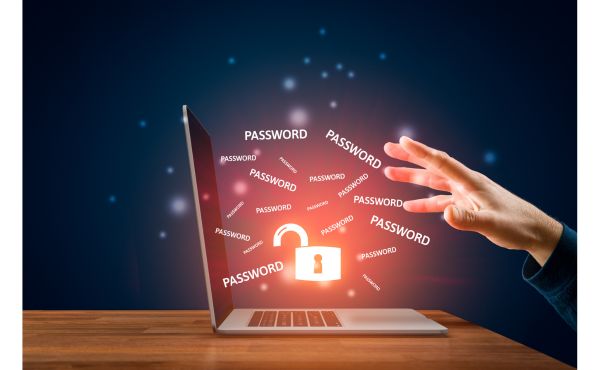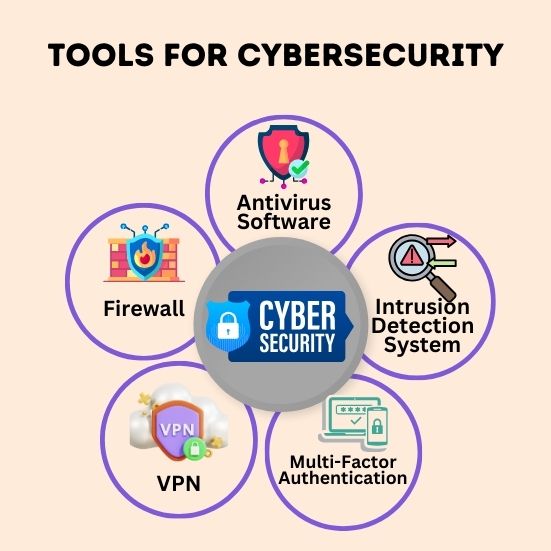Importance of Cybersecurity
Cybersecurity is not just an option; it's a necessity for small businesses. The consequences of a cyber attack can be devastating, resulting in financial losses, reputational damage, and legal implications. By investing in robust cybersecurity measures, you can safeguard your business against these risks and gain the trust of your customers. Moreover, with the rising number of cyber threats, many industries now require their partners and vendors to have adequate cybersecurity measures in place. By prioritizing cybersecurity, you can meet these compliance requirements and open doors to new business opportunities.Understanding the Cybersecurity Landscape
To effectively navigate the digital landscape, it's crucial to have a solid understanding of the cybersecurity landscape. Stay updated with the latest cybersecurity trends, threats, and vulnerabilities. Subscribe to industry blogs, attend webinars, and participate in cybersecurity forums to stay informed. By having a clear picture of the potential risks your small business may face, you can proactively implement appropriate security measures.Assessing Your Small Business's Cybersecurity Needs
Every small business has unique cybersecurity needs. Conduct a thorough assessment of your digital infrastructure to identify potential vulnerabilities. Consider factors such as the sensitivity of your data, the number of employees, and the types of devices used. This assessment will help you determine the areas where you need to focus your cybersecurity efforts.1) Building a Strong Cybersecurity Foundation2) Choosing the Right Cybersecurity Tools3) Creating an Incident Response Plan4) Compliance and Legal Considerations5) Cybersecurity Best Practices for Remote Work6) Staying Informed and Adapting1) Building a Strong Cybersecurity Foundation

a) Password Policies and Access Controls
Implementing strong password policies and access controls is fundamental to protecting your small business from unauthorized access. Encourage employees to create complex passwords and regularly update them. Enforce multi-factor authentication for accessing sensitive systems or data. Limit access privileges based on job roles to prevent unauthorized access.b) Software and System Updates
Regularly updating your software and systems is crucial for maintaining a secure digital environment. Cybercriminals often exploit vulnerabilities in outdated software to gain unauthorized access. Enable automatic updates whenever possible and regularly check for new patches and security updates. However, it's important to be careful with the CMS (Content Management System) software updates. While updates often include essential security fixes, occasionally, they may cause compatibility issues or other unexpected problems. For instance, the last WordPress security update, featuring multiple security fixes, caused some sites to stop functioning. Therefore, it's advisable to perform updates cautiously, especially for critical systems, and consider testing updates on a staging environment before applying them to your production site.c) Employee Cybersecurity Training
Employees are often the weakest link in the cybersecurity chain. Conduct regular cybersecurity training sessions to educate your employees about common threats such as phishing, social engineering, and malware. Teach them how to identify suspicious emails, avoid clicking on unknown links, and report any security incidents promptly.2) Choosing the Right Cybersecurity Tools










6 Essential Cybersecurity Tips for Small Businesses
Importance of Cybersecurity Cybersecurity is not just an option; it’s a necessity for small businesses....
Share this link via
Or copy link